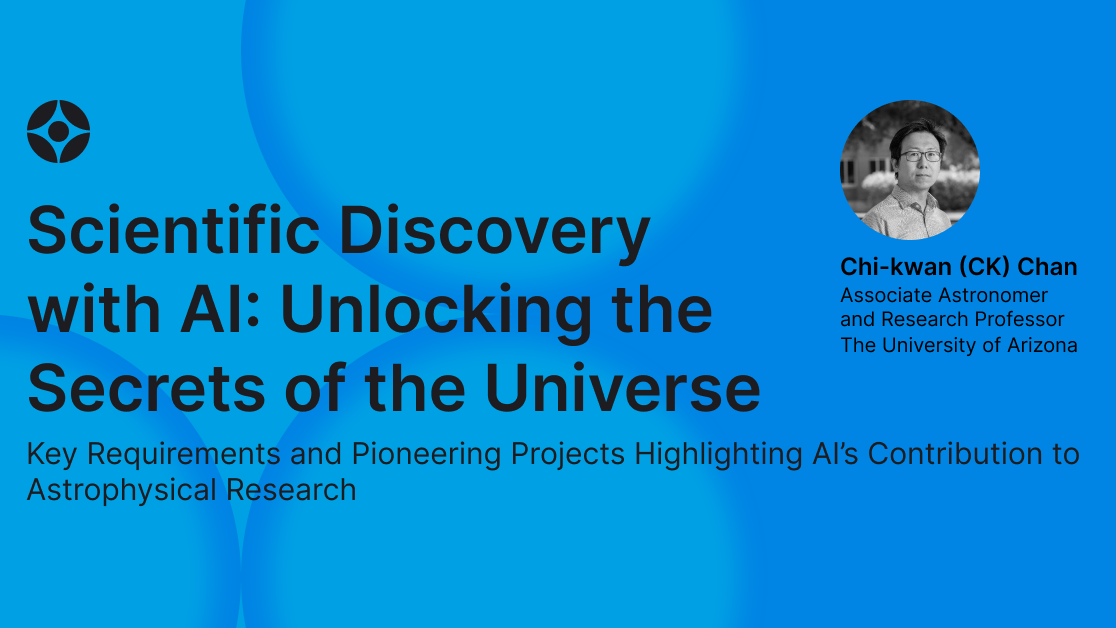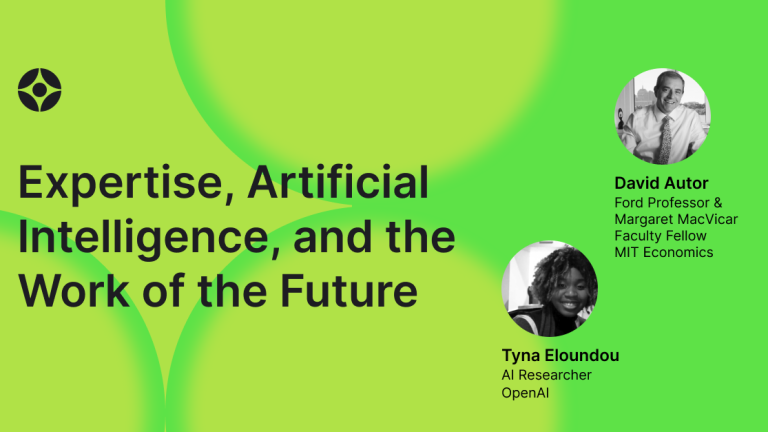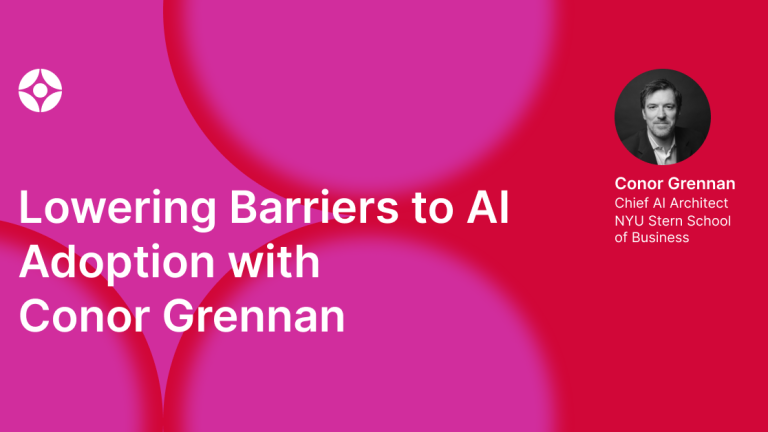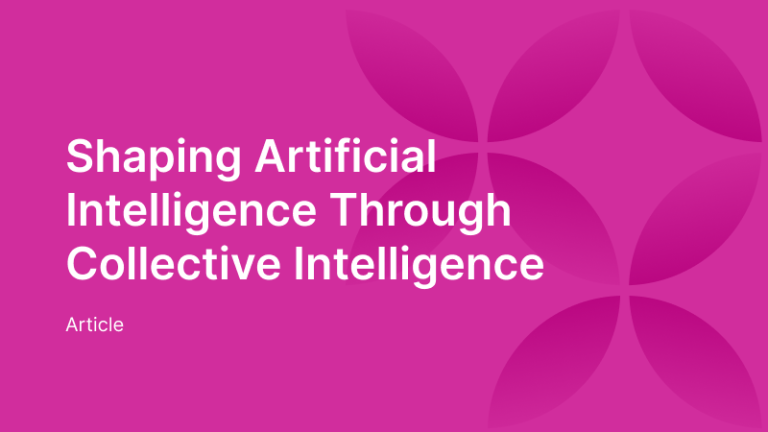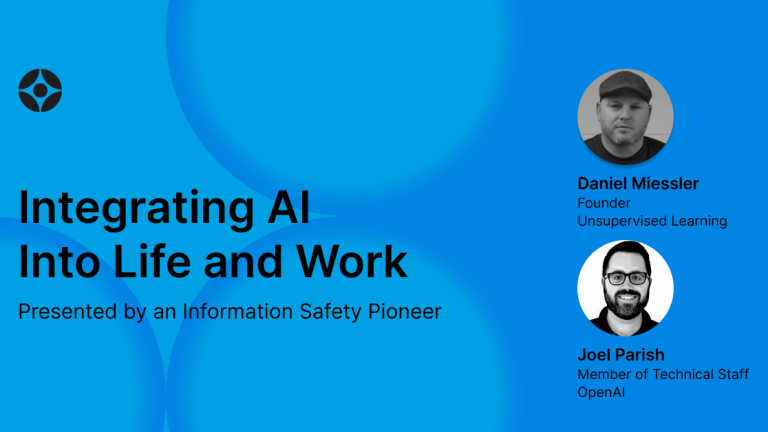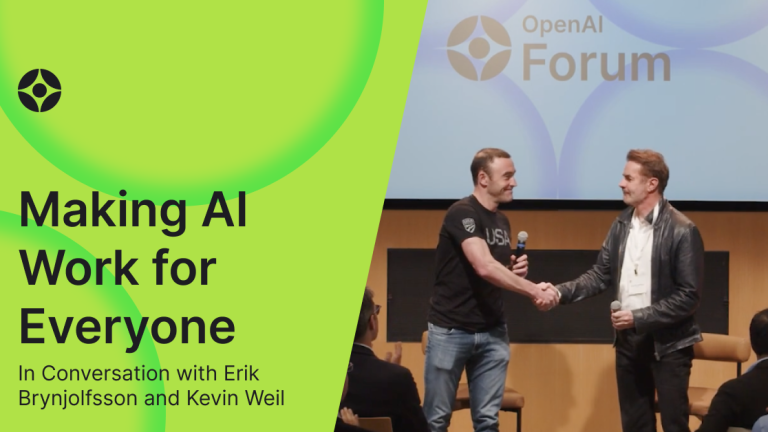Revolutionizing Astrophysics: The Role of AI in Unraveling the Universe’s Secrets and Shaping Tomorrow’s Discoveries
Essential Insights
Astronomy Transformed by AI Technology
Artificial Intelligence is dramatically revolutionizing the precision and breadth of astronomical research. By enhancing telescope calibration, streamlining data processing techniques, and conducting sophisticated simulations, AI empowers researchers to investigate cosmic phenomena like black holes with unprecedented clarity. This technological advancement expands our understanding of the universe.
AI Fuels New Scientific Discoveries
According to Dr. Chan, AI is evolving beyond a mere tool for refining existing methodologies; it is becoming a potential catalyst for groundbreaking discoveries in science. Its remarkable ability to unearth established physical principles is just the beginning; in the future, AI may independently formulate innovative hypotheses and yield new insights, fundamentally transforming the landscape of scientific inquiry.
Tackling Challenges in Astronomical Data with AI
Astrophysical data often presents considerable challenges—commonly characterized by incompleteness, noise, and irregularities. While traditional machine learning struggles to overcome these obstacles, advanced AI techniques such as graph neural networks and causal inference offer powerful solutions, significantly improving the accuracy and credibility of astronomical findings.
Building Scientific Trust with AI-Driven Modeling
For AI to gain widespread acceptance within the field of astronomy, it must provide not merely precise outcomes but also a thorough statistical analysis, including error bars that reflect uncertainty. This capability is vital for affirming the reliability of AI-generated data within critical scientific frameworks.
The Pivotal Role of AI in Future Astronomical Endeavors
As we anticipate groundbreaking astronomical projects such as the Rubin Observatory and the enhanced Event Horizon Telescope, the role of AI is set to be integral in managing the colossal amounts of data produced. By efficiently processing petabytes of information, AI will assist scientists in making new discoveries related to intricate phenomena like dark matter, dark energy, and the evolution of galaxies, paving the way for revolutionary insights.
In-Depth Summary
Dr. Chi-kwan Chan’s insightful presentation, titled Scientific Discovery with AI: Unlocking the Secrets of the Universe, explores the role of artificial intelligence in the realm of astrophysical research. Focusing on the imaging of black holes, Dr. Chan shares how AI enriches our comprehension of the cosmos. As the leader of the Event Horizon Telescope (EHT) project, he uses black holes as a focal point to demonstrate the complex scientific challenges that AI can help solve in astronomy. Despite being invisible, black holes play a critical role in galaxy evolution and may hold keys to deciphering the mysteries surrounding dark matter and dark energy, making them a central focus in contemporary astronomical studies.
One of the significant challenges involved in imaging black holes is their minuscule size relative to our perspective, necessitating precision beyond the capacity of single telescopes. The EHT employs very long baseline interferometry (VLBI), aggregating radio telescopes across the globe into an extensive network. However, even this advanced approach results in incomplete data, creating voids that AI can effectively fill through image reconstruction techniques. This innovation allows astronomers to convert sparse and noisy datasets into clearer, more detailed representations of black holes, as highlighted by the landmark image of the black hole situated in the M87 galaxy.
In addition to imaging, AI plays a crucial role in optimizing the processing of astronomical data. Dr. Chan reveals that AI applications in adaptive optics involve machine learning algorithms that correct atmospheric distortions in real-time, enhancing the precision of telescopic observations. Moreover, AI contributes to data interpretation by applying causal inference and machine learning models, addressing essential astrophysical inquiries about the dynamics of galaxy evolution, turbulence, and the expansion of black holes.
Dr. Chan’s dialogue emphasizes AI’s potential to transcend its traditional role as a supportive tool and move toward generating scientific hypotheses independently. In his “Small Steps” project, Dr. Chan’s team is training AI to rediscover well-known scientific laws, such as Newton’s laws of motion and principles of calculus, prompted by data inputs alone. The overarching goal is for AI to offer new scientific insights comparable to human researchers. He stresses the potential of AI in exhibiting higher-order thinking capabilities—such as pattern recognition and predictive analysis—leading to discoveries that humankind has yet to imagine.
However, AI’s integration into astronomical research is not without its challenges. A primary obstacle arises from the lack of ground truth data in astrophysical observations, complicating the training of AI models. Additionally, astronomy frequently involves non-uniform, sparse, and noisy datasets, posing difficulties for applying traditional machine learning techniques. To navigate these challenges, Dr. Chan’s team is exploring cutting-edge AI methods like graph neural networks and causal AI specifically designed to handle the unique characteristics of astronomical data.
Looking ahead, Dr. Chan discusses large-scale initiatives that heavily rely on AI, including the anticipated Rubin Observatory, projected to generate 10 petabytes of data throughout its decade-long mission. AI will be essential in analyzing this vast information to derive insights related to dark matter, dark energy, and other cosmic phenomena. Likewise, upgrades to the Event Horizon Telescope will enable the capture of dynamic “movies” of black holes, with AI playing a vital role in processing and interpreting this groundbreaking information.
Dr. Chan closes on a hopeful note regarding AI’s capabilities in advancing scientific exploration, while recognizing that achieving true AI-driven discoveries will require time. As artificial intelligence continues to evolve, it may evolve from merely being a co-explorer in scientific research to a guiding influence, helping humans explore uncharted scientific territories.
